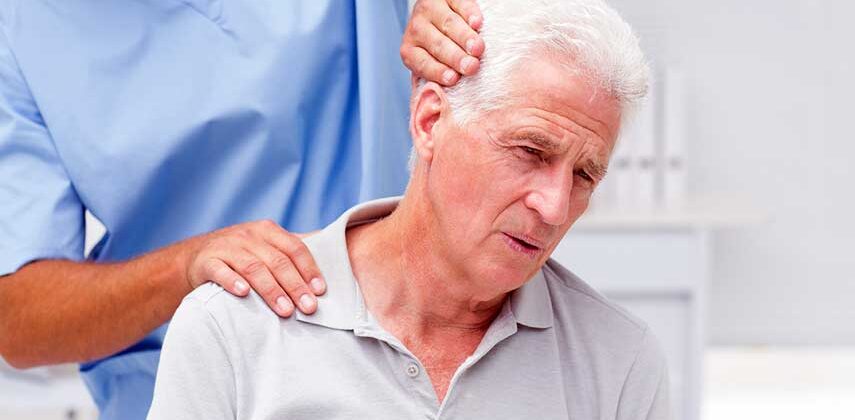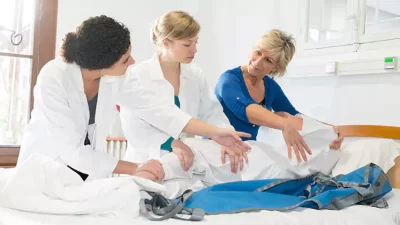No pain, no gain.
We’ve all heard the phrase and, sure, it’s something most of us accept intellectually. But physically? Emotionally? It can be difficult convincing yourself that exposing yourself to unnecessary aches and pains will ultimately pay off.
It speaks to another popular truism, that things usually get worse before they get better. That doesn’t mean it’s not worth it in the end. If you’re recovering from a sports injury, serious illness, chronic pain, or intense surgery, physical therapy in Manassas is a crucial piece of the puzzle, even if it’s not always easy.
What is Physical Therapy?
The exhaustion that accompanies most physical therapy is enough to make anyone wonder why they should even bother with it in the first place. As much as it might seem to exist solely as a form of self-torture, though, the truth is that physical therapy plays a very important role in healing.
The purpose of physical therapy is to improve a patient’s mobility, physical functionality, and overall independence, to reduce reliance on pain-relieving medications and hopefully avoid additional surgery, and to give patients the tools to live a longer, healthier, and more pain-free life.
Physical therapists achieve these things by conditioning a patient’s body, a process which is often slow and painful but offers many advantages. Examples of physical therapy include acclimating a broken limb to movement so that it can once again enjoy its former level of flexibility, circumventing the effects of neurological damage by retraining motor skills through the use of puzzles or obstacle courses and developing cardiovascular health in patients who have been bedridden for extended periods.
Why Does Physical Therapy Hurt?
Does physical therapy cause or reduce pain? The answer is “both, but…”
Physical therapy often hurts. There are no two ways about it. But a little pain now can save patients a lot more pain in the future. Whenever the human body is sick or injured, all it wants to do is rest and recuperate. It wants to avoid any additional pain. That’s natural, but it can also be dangerous when it goes too far.
If you’ve ever lifted weights or run a marathon, think about how rough it was the first time you pushed your muscles or lungs to work harder than they were used to. It was painful, wasn’t it? But that’s only because your body wasn’t used to it, at least not yet. The more you did it, though, the easier it became.
Conclusion
Physical therapy works the same way. When you’re badly injured or become seriously ill, it takes a lot of strength and energy to heal. The result is that your body often reverts back to an older, weaker state, to the point where even mundane daily tasks can feel agonizing. In essence, physical therapy rebuilds your body as best as it can, enabling you to enjoy life closer to the one you were used to prior to getting hurt.
That isn’t always easy, but it’s better than the alternative.







 This article changed my life!
This article changed my life! This article was informative.
This article was informative. I have a medical question.
I have a medical question.
 This article contains incorrect information.
This article contains incorrect information. This article doesn’t have the information I’m looking for.
This article doesn’t have the information I’m looking for.